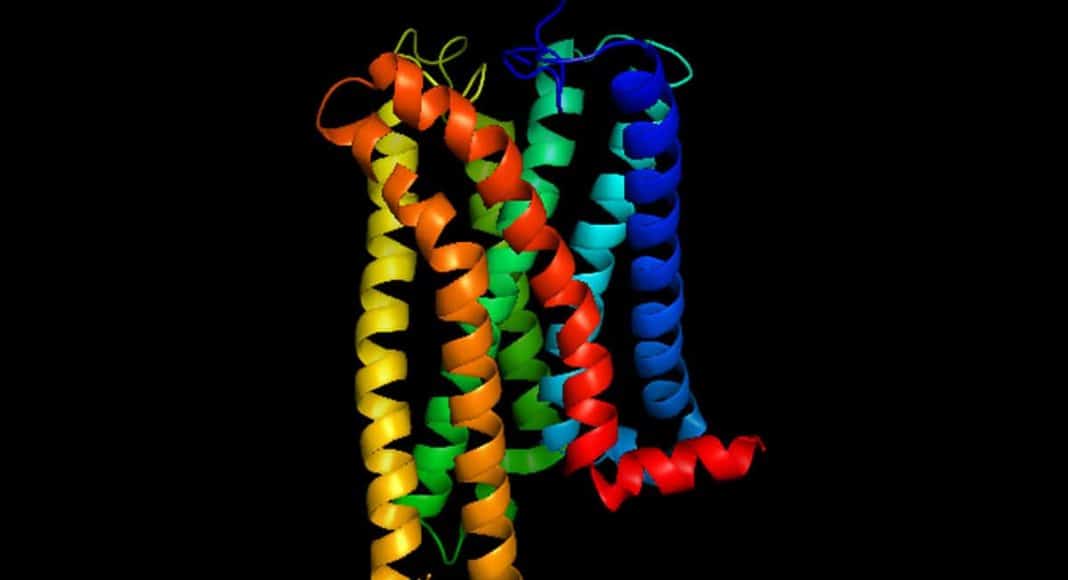Researchers from the U.S. and China have discovered the science behind CB1, an important cannabinoid receptor in our body that interacts with THC and delivers us that “high” feeling. A pioneering study from ShanghaiTech University has uncovered the fact that CB1 is pretty complex, having a lot of pockets that are capable of binding themselves with components from the outside environment. These proteins that exist naturally in our brains bind themselves to THC (with the help of CB1) and result in that “high” feeling.
This discovery could lead to the development of synthetic medical cannabis that’ll model how THC and CB1 interact while also avoiding the side effects that come as a natural part of cannabis, offering only the therapeutic effects of the plant while avoiding that “high” feeling.
These drugs could potentially be used throughout the world without concerning themselves with legal issues that marijuana still faces. The proposal of these synthetic drugs have already sparked some controversy between different people with different ways of thinking. Those who advocate only for natural marijuana claim that there’s already enough problems with the current forms of synthetic cannabis and that the potential negative side effects could be much more dangerous than the ones the natural plant offers. Others also claim that the development of these synthetic solutions will take a lot of time, money, and effort, and that everything would be much simpler if we spent all those resources on advocating for the worldwide legalization of the drug. Which is kind of true if only a little too optimistic.


